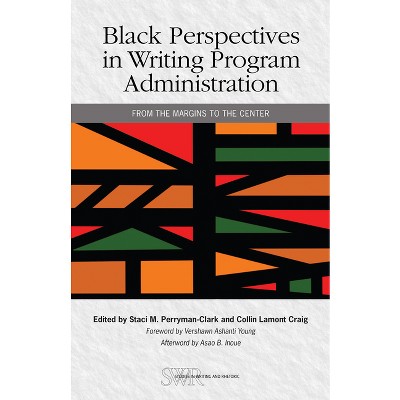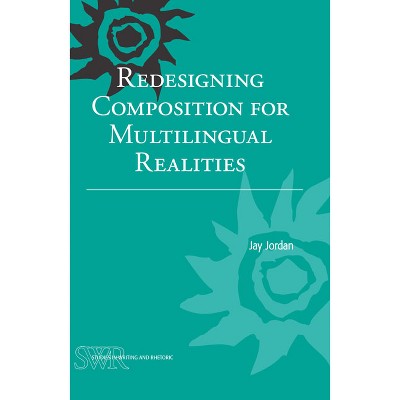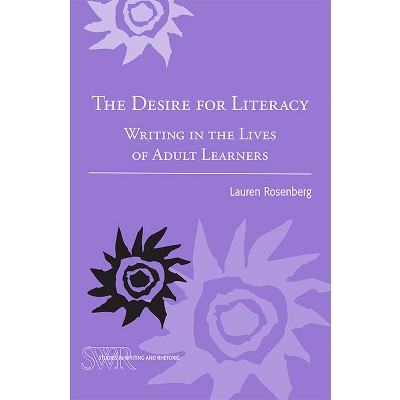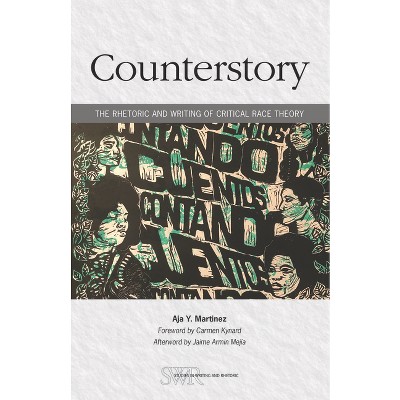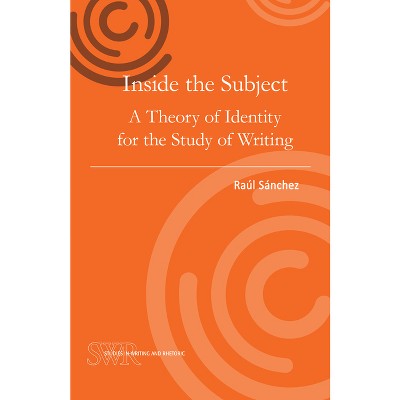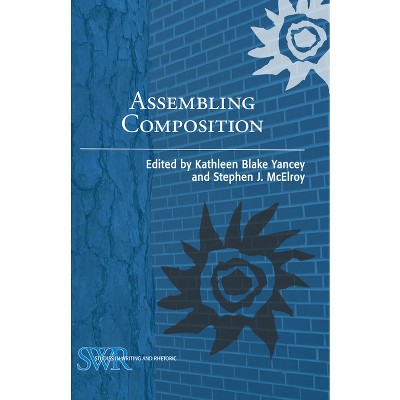After Pedagogy - (Studies in Writing and Rhetoric) by Paul Lynch (Paperback)

About this item
Highlights
- What does it mean to teach after pedagogy?
- Author(s): Paul Lynch
- 171 Pages
- Education, Testing & Measurement
- Series Name: Studies in Writing and Rhetoric
Description
Book Synopsis
What does it mean to teach after pedagogy? For a long time, composition's pedagogical conversation has been defined by its theoretical disagreements.
Is learning a cognitive process or a social one? Is the self expressed or distributed? Can writing be understood as a process, or is any process too messy to be understood? These debates have finally run out of steam, argues Paul Lynch, leaving composition in a "postpedagogical" moment, a moment when the field no longer believes that pedagogical theories can account for the complexities of teaching. After Pedagogy extends the postpedagogical conversation by turning to the experience of teaching itself.
Though the work of John Dewey, After Pedagogy argues that experience offers an arena in which theory and practice can coexist. Most important, experience can fashion the teachable moments of postpedagogical practice into resources for further growth. "We cannot know what precisely the student will do with what we have offered, but we can think with the student about the experience of the offer itself." By turning what students and teachers know about writing into an area of intellectual inquiry, a philosophy of experience can make teaching sustainable after pedagogy.
Review Quotes
"In After Pedagogy, Paul Lynch opens a space for the ongoing development of an 'inspired adhoccery' over the course of a teacher's life in the classroom. Because we are always in the inescapably contingent position of teaching after whatever has been taught and learned before, we can never know in advance, either via our training in theory or our prior experience in the classroom, how best to prepare for or respond to what happens in our next class. This is not a crisis, Lynch argues; it is the condition that underlies the experience of all teaching." --Richard E. Miller, coauthor of Habits of the Creative Mind
Shipping details
Return details
Trending Poetry






